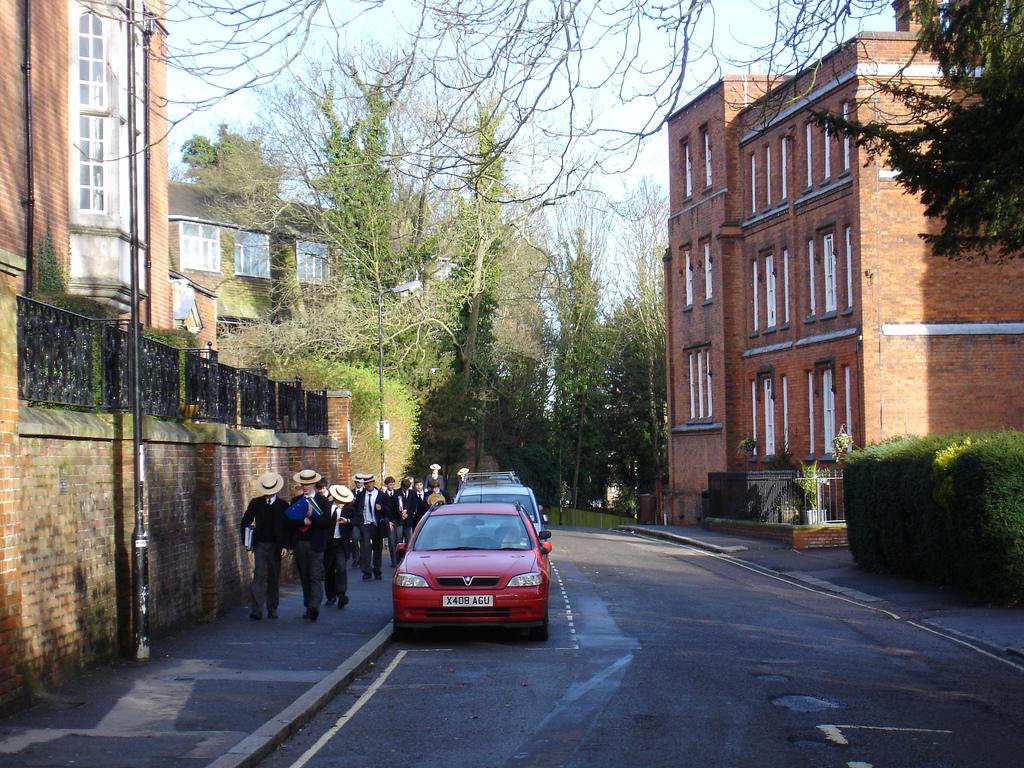English Public Schools

Public schools (also called Independent Schools) are private schools, although the name public actually means the opposite; ”of/for people in general”. Pupils who attend a public school must pay fees up to £30,000 a year to receive education and boarding. If you are a boarder, you stay at the school for a term or the whole school year. They usually admit children from the age of 6 -7. Some schools, however, are daytime schools accepting pupils from the age of 2 ½ - 18.
The public schools have a high teacher/pupil ratio and it is claimed that the students receive a much better education than in the state schools. Furthermore, the percentage of public school pupils continuing their education to university level is quite high.So, why are these schools referred to as “public” as long as they are private and charge high fees? We have to look for a historical explanation. The typical public school for boys only, such as Eton and its rival Harrow, were founded by benefactors in the early 1400s who intended to educate local boys from relatively poor and humble backgrounds.
However, gradually the upper classes took advantage of the tuition afforded by these foundations and the number of pupils paying the market rate increased. From late in the 19th century, a number of girls-only schools were also established. Undoubtedly, the public schools have had a crucial impact on British society, through their ideals and morals. Traditionally, they have represented a very class-conscious code of behaviour, speech and appearance. 10% of all school children, about 615,000 pupils, attend the 2,500 independent schools throughout UK.
- What is the literal meaning of the word “public”?
- Why are the private schools called public schools when they are not open to the public?
- When were the first private schools in England founded?
- The British public schools are often recognised by another name. Which?
- What is meant by the term boarding school.
- How have public schools traditionally influenced British society?
- How many British school children attend state schools?
Relatert innhald
What is a public school in the UK and what is it like to be a student at one? Listen to this interview with Charlie (14).